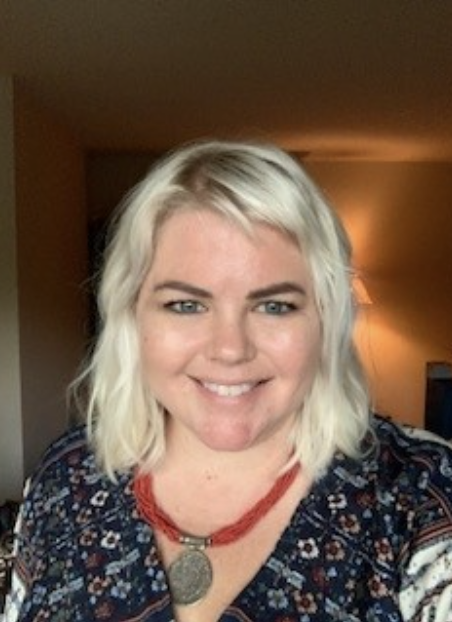
Hi there! I’m Jen Heeg (she/they), an independent consultant who is convinced that complexity awareness can help highlight issues of Diversity, Equity, and Inclusion, and ideally help transform power relations with a focus on justice.
This conviction led me to the DEI Working Group, where I have found a lot of kindred spirits. We vary in our personal and professional backgrounds, but tend to share a belief that mainstream evaluation methods are largely grounded in Western, white, capitalist perspectives, which stress an adherence to outcomes that can be predicted and are often imposed by benevolent ‘experts’ who are confident they know what is best.
A reimagining of our collective way of working requires a deep look at how power relations play out in conventional evaluation work—something that is a part of our work as the DEI Working Group. Too often, outside experts are hired to extract knowledge from a community, form opinions, and report with legitimacy back to funders (also outsiders to the community) on outcomes the funders deemed important in the first place.
There are other ways…and complexity principles can help get us there.
Hot Tip
Complexity principles can be considered a subset of or complementary framework to many systems change principles. Complexity specifically focuses on nonlinearity, unanticipated outcomes, and causal pathways that are nonreplicable and knowable only in hindsight.
The DEI Working Group has organized itself largely around the complexity thinking principle of emergence, with the thought that we, as AEA members, are co-creating a vision and hopefully a path for our collective whole. We are allowing the work to evolve naturally and inviting discussion along the way about our journey and goals.
A principle of emergent strategy as shared by adrienne maree brown that can be seen in complexity science and has historically been expressed in Asian spiritual traditions is the idea of fractals: “the large is a reflection of the small.” The DEI Working Group lives into this principle when we connect as full individuals, step back and reflect on our different meanings of DEI (or “DEI” as discussed on Day Four), and conduct visioning sessions where we dream about where we want AEA, the field, and the world to be in future decades.
Another principle, originally from martial artist Bruce Lee, that brown articulates is “change is constant (be like water).” It asks us to expect our work to change, rather than assume predictable outcomes and then spend time explaining why actual outcomes deviated from these (too often externally imposed) outcomes.
Emergence helps our Working Group adapt to change by constantly seeking to learn from one another what this work means to each of us and where it could lead, adapting to take advantage of small windows of opportunity. This requires leadership by people who have experienced exclusion and suffered harm from inequitable structures and are directly affected by attempts to respond to those experiences and suffering. Epistemic justice privileges the voices of community stakeholders versus ‘expert’ opinions, and asks how we can learn and adapt based on reality on the ground, versus how we can progress toward outcomes determined by folks outside of the communities directly and potentially adversely affected.
Many of these ideas have existed for years, and the mainstream is finally catching on.
Rad Resources
The American Evaluation Association is hosting DEI Week with our colleagues in AEA’s DEI Working Group. The contributions all this week to AEA365 come from working group members. Do you have questions, concerns, kudos, or content to extend this AEA365 contribution? Please add them in the comments section for this post on the AEA365 webpage so that we may enrich our community of practice. Would you like to submit an AEA365 Tip? Please send a note of interest to AEA365@eval.org. AEA365 is sponsored by the American Evaluation Association and provides a Tip-a-Day by and for evaluators. The views and opinions expressed on the AEA365 blog are solely those of the original authors and other contributors. These views and opinions do not necessarily represent those of the American Evaluation Association, and/or any/all contributors to this site.
